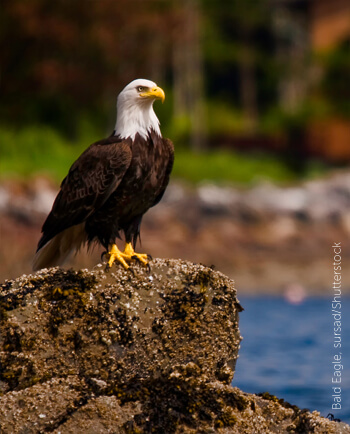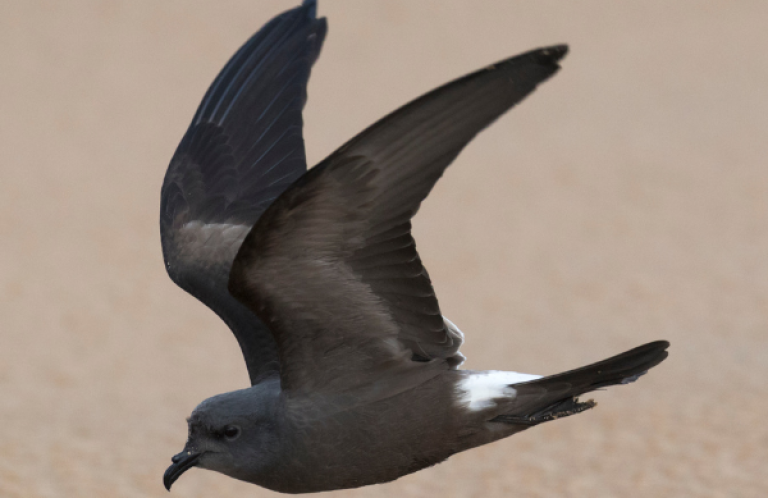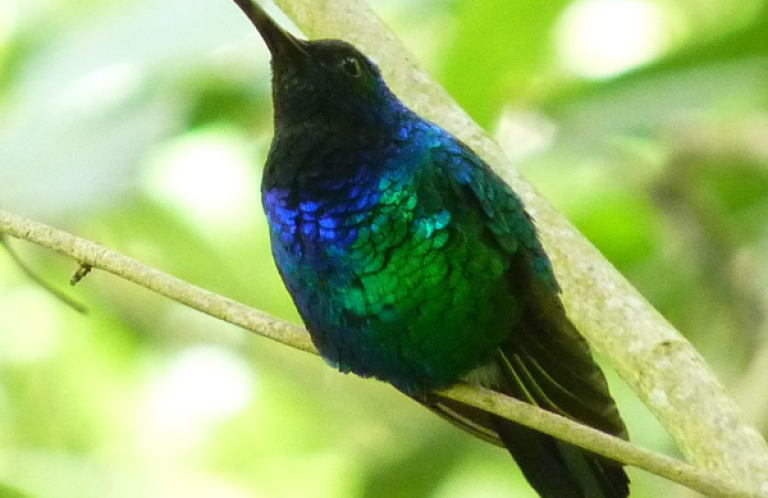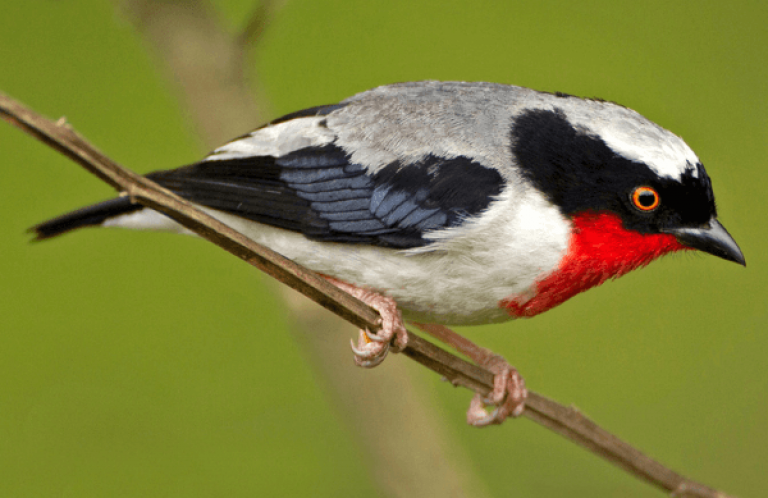Bird Conservation Group Calls for Changes in Collection of Data at Wind Developments
 |
(Washington, D.C., March 5, 2015) American Bird Conservancy (ABC) has called on the U.S. Fish and Wildlife Service (FWS) to institute a new system of pre-construction risk assessment and bird and bat mortality data collection in connection with hundreds of thousands of bird (and bat) deaths being caused by wind turbines and the likelihood that that number could substantially exceed one million deaths when the industry reaches its full build out capacity by 2030 or before.
The ABC proposal was made in a letter to Department of Interior and FWS pursuant to their request for comments on information collection in connection with their land-based wind energy guidelines. It follows the entering of a guilty plea on January 6 from PacifiCorp that will require the company to pay $2.5 million in fines, restitution and community service for violating the Migratory Bird Treaty Act and Bald and Golden Eagle Protection Act by killing 38 Golden Eagles and 336 other birds at two Wyoming wind farms.
ABC is asking FWS to institute a pre-construction risk assessment and bird mortality data collection that are based on:
- studies conducted by independent, qualified experts selected by the FWS or a trusted consulting company hired by FWS;
- costs being borne by wind energy companies;
- all reports sent directly to the FWS, and not through the wind energy company, which would then have no opportunity to edit or alter the reports to their advantage;
- reports being made available to the public to add an additional layer of scrutiny; and
- mandatory requirement to conduct independent Environmental Assessments (EA) and obtain incidental take permits under the Endangered Species Act and the Bald and Golden Eagle Protection Act when protected species are present.
The ABC letter commended the FWS for formally recognizing, in their comment solicitation, that there may be serious problems with their current voluntary system of siting and operational guidelines for the wind industry, which is based largely on self-reporting. The solicitation said that: “We are currently in the process of evaluating the efficacy and use of the Guidelines and the Service is considering regulatory options. Based on feedback from the wind energy industry and from Service staff, the Guidelines are often successful in improving communication and lead to development of wind projects that are safer for wildlife, but in other cases are not successful in preventing wind energy facilities from being constructed in areas of high risk to wildlife.”
ABC objected to the statement “often successful,” asserting that there are no data to support such a statement. ABC is calling on FWS to “trust but verify” in regard to bird mortality data collection and monitoring, citing a wide range of problems with the current system, including:
- industry-paid consultants that downplay the potential impact of wind energy facilities on federally-protected birds and bats during the Environmental Assessment development process;
- attempts by the wind industry to site wind energy in highly sensitive areas for birds (e.g., Mill Creek in Missouri, Camp Perry in Ohio, Apple Blossom in Michigan, etc.);
- industry-paid consultants who collect data on post-construction fatalities and report unverified and potentially incorrect data to regulators;
- lack of fatality reporting by existing wind energy facilities; and
- efforts to hide bird and bat fatality data from the public.
The ABC letter charges that “…wind energy companies should not be collecting their own fatality data, as it is a direct conflict of interest. Industry does not share mortality data with the public and FWS contends that the data are owned by the companies. ABC contends they only ‘own' the data because of the system that FWS has set up, which is based entirely on self-reporting.”
ABC had additional concerns with current federal plans to have the American Wind and Wildlife Institute (AWWI) retain bird and bat mortality data. Under that plan, AWWI would sign a confidentiality agreement with wind energy companies and would not be subject to Freedom of Information Act (FOIA) requests. “This seems like a less-than-veiled attempt to continue to keep the public and concerned NGOs in the dark,” said Dr. Michael Hutchins, National Coordinator of ABC's Bird Smart Wind Energy Campaign and author of the letter.


















































